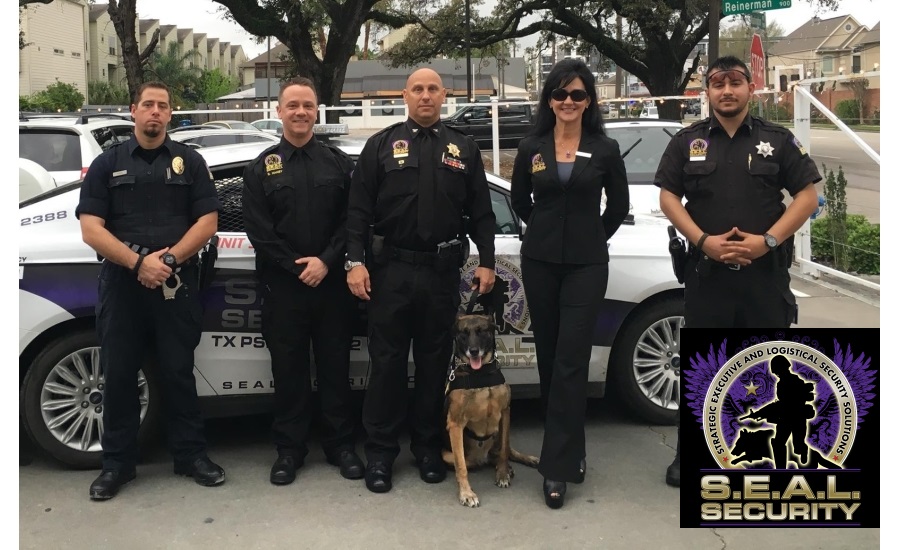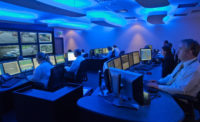There is far more to an effective security solution strategy than installing a few cameras and hoping for the best. When it comes to cameras or security systems, Rhedonda Cox, executive director of S.E.A.L. Security Solutions often comes across two types of people: people who have no idea about cameras and security systems or people who think they know everything. Cox says S.E.A.L. offers both types a real education.
She says the most important thing for a customer to establish is what they are trying to accomplish. “[Just] having a camera system — criminals here seem really numb to it; they don’t really care. But, if you have a proactive solution, like a camera solution along with an alarm system, that’s what you really need, because a camera in and of itself is not really effective if you are trying to deter criminal activity. After the fact, it’s too late.
S.E.A.L. Security takes a proactive approach with its mobile video surveillance units by offering additional components designed to deter crime rather than document it. “We have add-on components like sensors, so if a customer is trying to protect capital, and that capital moves, a sensor will go off and the camera will go live, alerting our command center,” Cox says. “We also have audio. Let’s say we have a thermal camera, and someone enters the perimeter, setting off the heat sensor; we go live on the camera, we see something, and we speak to the individual or individuals. We say, ‘This area is protected by S.E.A.L. Security, and we’re sending one of our officers immediately; drop the copper wire and run away now!’”
This ability to detect and deter is the most effective and efficient use of these solutions. As a security company, Cox says S.E.A.L. is not interested in catching someone after the fact. So although a video surveillance system can provide video after an event, Cox would rather proactively prevent crime and leave catching the criminals to law enforcement. “We’re in the crime deterring [business]. Our mission is to stop criminal activity before it happens. So we do all those other things that alert us to look and respond because we know you cannot monitor a camera 24/7; it’s nearly impossible for the human eye. But with the human eye and alerting, and S.E.A.L. officers nearby, we do a pretty good job.”
S.E.A.L. lighting units also have the ability to flash 40,000 lumens of light on a site. “If you talk to any law enforcement [agents], lighting is probably the No. 1 deterrent for criminals because criminals don’t want to be seen,” Cox says. “So lighting, plus audio, plus cameras — plus we have a brand here in Houston. We are also in other select cities, but this is our hub, so people know us, and that means something.”
Cox explains that it is important to have a plan when designing a security system. “What are you going to do when your camera picks up something or your alarm goes off?” she asks. “That’s your strategy. So we educate people who don’t know about cameras. Our cameras aren’t the cheapest, but we offer more value and many solutions that are critical with them.”
Cox says she has even had to dissuade some people from using dummy cameras. “We absolutely do not recommend [them]. Something will happen, the police will want footage, and you won’t be able to provide anything for them. We aren’t going to just give you cameras and a false sense of security. We want to deter the problem, so that’s what we have to educate people on. Cameras are only as good as all the security solutions around them.”









